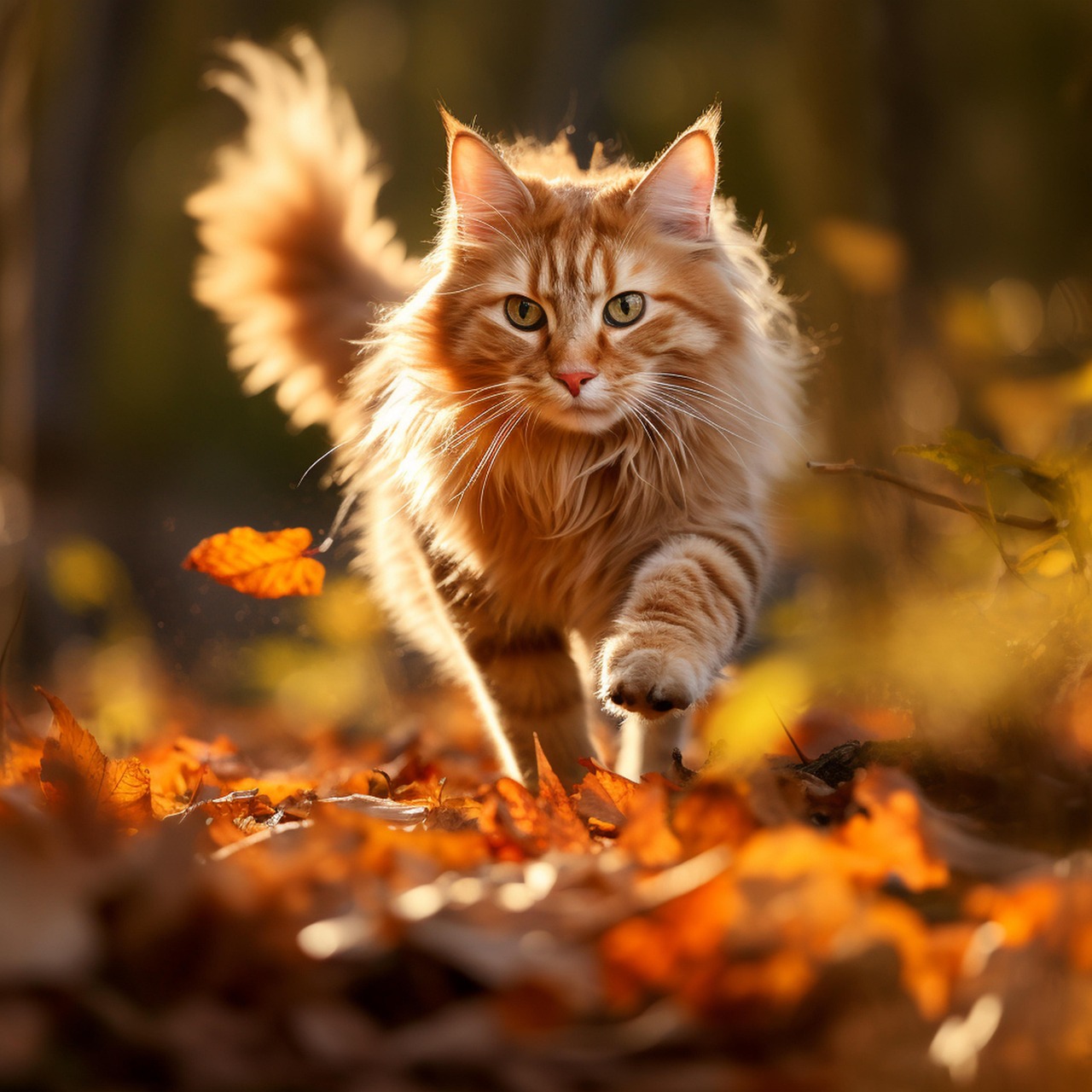|
Maine Coon

Maine Coon Cats: Gentle Giants with Unique Needs
If you’ve ever met a Maine Coon cat, you know they’re hard to forget! With their tufted ears, fluffy tails, and friendly personalities, these majestic cats are one of the largest and most beloved domestic cat breeds in the world. But beneath their beautiful coats and playful nature, Maine Coons have some special care requirements and health concerns that every owner should know.
Grooming & Daily Care Despite their long, luxurious coats, Maine Coons don’t usually mat as easily as some other long-haired breeds. However, weekly brushing is essential to prevent tangles and reduce shedding—especially during seasonal changes.
Tips:
- Use a stainless-steel comb or slicker brush Pay extra attention to the belly and underarms
- Keep nails trimmed regularly
- Nutrition & Weight Management Maine Coons grow slowly, often taking 3 to 5 years to reach full size. A high-quality, age-appropriate diet is essential to support their growth without encouraging obesity—a common issue in the breed due to their large appetites and laid-back demeanor. Choose food high in animal protein and low in unnecessary fillers.
- Encourage interactive play to keep them active and fit.
Common Health Concerns in Maine Coons:
While Maine Coons are generally hardy, they are predisposed to a few specific medical conditions:
- Hypertrophic Cardiomyopathy (HCM)- The most common heart disease in cats, HCM can lead to heart failure if left undetected. Maine Coons are genetically predisposed, so regular veterinary checkups and screening with an echocardiogram are important—especially if your cat shows signs like labored breathing or lethargy.
- Hip Dysplasia Due to their large size, some Maine Coons may suffer from hip dysplasia, which can cause pain and mobility issues. Weight management and joint supplements may help, and severe cases might require more advanced treatment.
- Spinal Muscular Atrophy (SMA) This inherited condition affects the spinal cord and muscle control. While not painful, it can cause muscle weakness and unsteady gait. Responsible breeders often screen for SMA, but awareness is key.
- Polycystic Kidney Disease (PKD) Though less common, PKD is a concern in some lines. Regular bloodwork and ultrasound screening can help with early detection.
Personality & Behavior:
Maine Coons are known for being gentle, intelligent, and dog-like in their behavior. They often enjoy water, follow their humans around, and are great with kids and other pets. Providing mental stimulation—like puzzle feeders and interactive toys—helps keep their curious minds engaged.
At Wellsville Animal Hospital, we love caring for Maine Coons and helping their humans provide the best possible life for them. If you have a Maine Coon or are thinking of adopting one, we’re here for preventive care, genetic screening, and expert advice.
Text credit: ChatGPT and Dr. Hoyt Photo Credit: Google, Pixabay
| 
